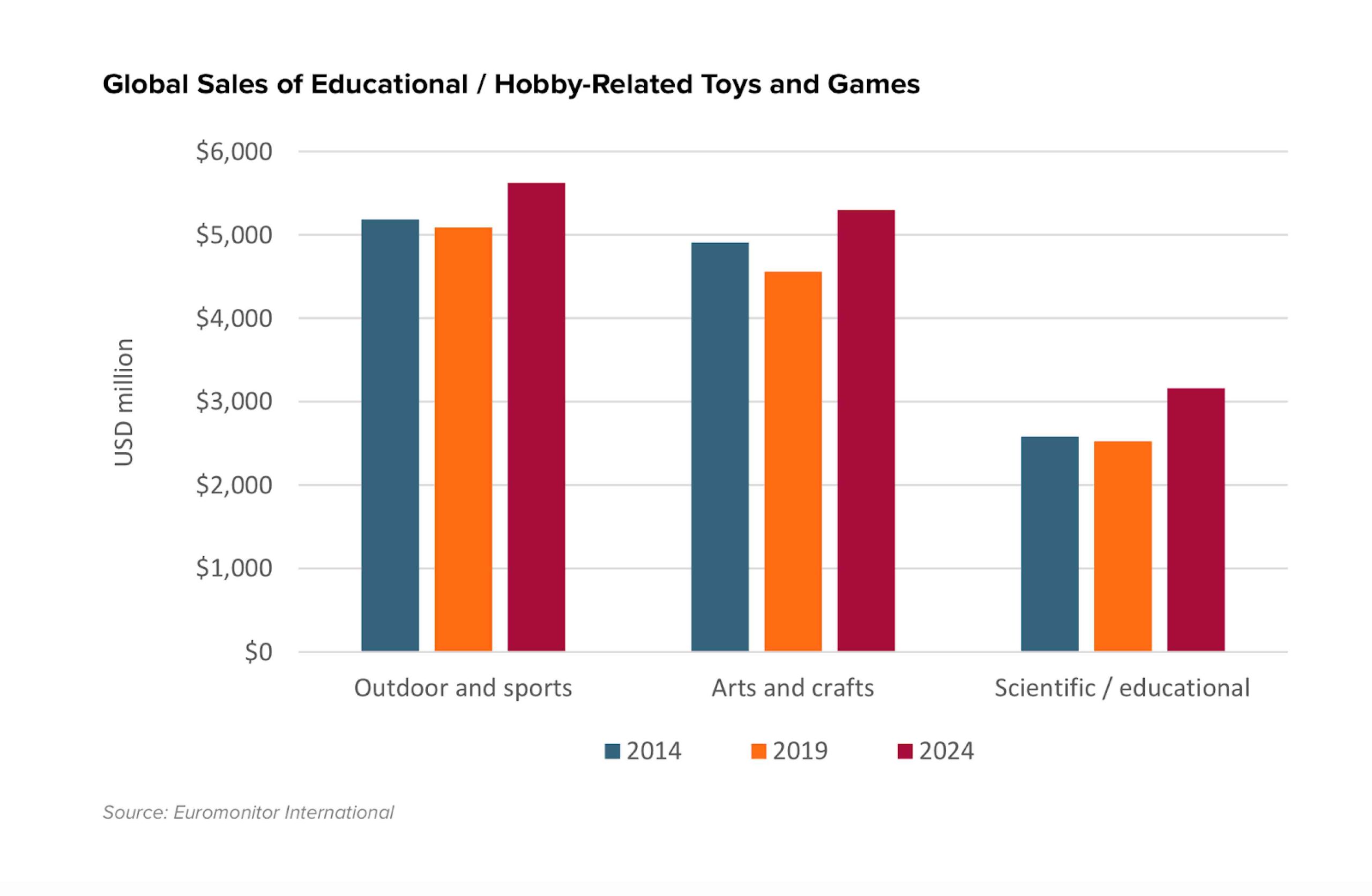Flexibility, safety, convenience vital for consumers in 2021
This year, consumers will crave convenience, invest in mental health, and seek to reconnect with nature.
These are among the 10 consumer trends global market research company Euromonitor International expects will define markets this year as the COVID-19 pandemic has upended lives and created, influenced, or accelerated existing trends.
This year’s trends explore how the pandemic has changed consumer values and behavior, and caused disruption in global business, says Alison Angus, Euromonitor International’s lifestyles research head.
“Flexibility, agility, transparency and technology will pave the way forward,” Angus explains in the report.
“With mounting uncertainties reshaping the world, businesses should prioritize and reinforce consumer, environmental and safety needs to foster a brighter future,” she adds.
The report, which is released in January each year, draws on market analysis and surveys from 100 countries. Most of last year’s report, which predicted unbridled convenience and accessibility, did not materialize owing to the pandemic.
Angus notes that this year’s trends will likely continue even after the pandemic wanes.
“These changes have quickly manifested for the long term,” she says.
Here are the top 10 global consumer trends Euromonitor outlined in its report accessible at https://bit.ly/3a06pXD:
Build back better
Consumers will demand that businesses adopt more sustainable practices, focus on people and planet rather than profit, and use earnings toward addressing social and environmental issues. Brands which make good use of their profits this year will be rewarded with the necessary trust of society to operate, the report says.
Craving convenience
As people miss the convenient spontaneity of the pre-COVID world from walk-in dining to breezy errands, businesses are prompted to find ways to improve customers’ experiences amid a public health crisis. They must offset the COVID-related inconveniences like queues and limited store hours with digital and physical solutions. Initiatives which can restore ease for consumers include the use of QR (quick response) codes, virtual assistance from in-house experts, and identifying ideal shopping periods.
Outdoor oasis
With COVID-19 pushing people outdoors for fear of virus transmission, it is imperative businesses create open-air structures and offer outdoor activities to attract customers. The reversion to a work-from-home setup has encouraged rural living, and urban consumers who feel trapped will want to relax and socialize in open-air venues.
‘Phygital’ reality
The distinction between the digital and physical world will continue to blur in 2021. Consumers will rely on such technologies as videoconferencing, smart devices and virtual reality to conduct daily activities. Businesses will have to integrate digital processes into physical locations, and vice versa; those who successfully recreate memorable in-person experiences at home will earn customers’ trust.
Playing with time
Businesses will need to meet consumers’ desire to maximize their time, as COVID-19 has disrupted routines and given people more flexibility in their daily schedules. To address this, companies can cater to individual needs by scheduling activities in a nonconventional order, and adopting a 24-hour service culture. Apple’s Fitness+ service, for example, lets subscribers follow workouts from fitness instructors on their own time. A switch to 24-hour service will also require businesses to reimagine their physical spaces, using them for online order and curbside pickup services.
Restless and rebellious
Only 17 percent of Americans, and 5 percent of Chileans, trust their government, the report says. Consumers are fed up. This trend places a spotlight on the youth, who feel especially disconnected from the political system. Companies can benefit from more precise marketing to this demographic, especially on social media and gaming platforms. In 2019, PepsiCo’s Mountain Dew spent 40 percent of marketing money on esports sponsorships and Facebook and Twitch advertisements.
Safety obsessed
COVID-19 has instituted habits like wearing face masks and sanitizing often, and there is no doubt safety and health will be the top priority for consumers this year. The pandemic has accelerated trends like cashless payments and e-commerce, and so businesses will have to integrate sanitation measures in their products and services and be transparent with these features.
Shaken and stirred
The pandemic has affected people’s mental well-being with stress factors like restricted movement, health risks, isolation and financial shocks. In 2021, consumers will invest more in experiences and things which they feel will help them become more resilient. Products like sports equipment, arts and crafts and online classes will benefit as people seek to balance their lives, develop new skills and improve their mental health.
Thoughtful thrifters
People are entering the year with more frugal habits: 49 percent of consumers are planning to put more money into savings, the report says. As financial insecurity will prompt them to hold off on premium purchases, brands must find inventive ways to increase value on products and services without sacrificing quality. The sharing economy will be boosted and companies will benefit from offering discounts and buy-now-pay-later schemes.
Workplaces in new spaces
Consumers will strive to find the perfect work-life balance this year. While workers gained more time from not having to commute, they miss in-person interaction and time with friends. This means they will spend more on reproducing pre-COVID experiences—dining, shopping, leisure—at home, but less on workwear and beauty routines. Business efficiencies and consumers’ well-being will depend on this balance, so the use of advanced technologies for remote collaboration will help. —CONTRIBUTED
